List of Partners
Senate Department for the Environment, Urban Mobility, Consumer Protection and Climate Action
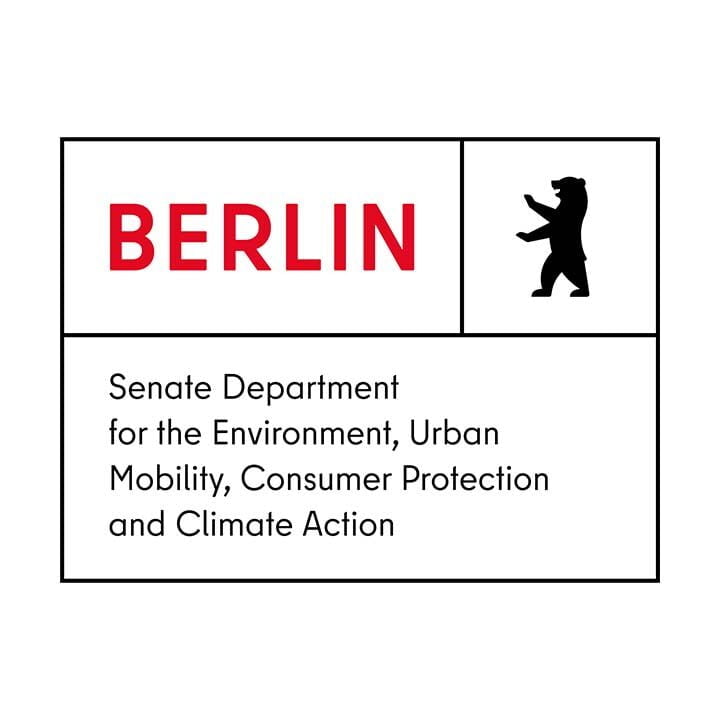
Senate Department for the Environment, Urban Mobility, Consumer Protection and Climate Action(SenUMVK) ist als Aufgabenträger des Landes Berlin für den Aufbau, den Betrieb und die Wartung städtischer Infrastruktur zuständig. Die Abteilung Mobilität, Bereich „Verkehrstechnologie und -forschung“, besitzt eine mehrjährige Expertise in der Leitung von F&E-Projekten und ist als Federführer in diesen Projekten verantwortlich für die fachliche Gesamt-Projektleitung und -koordination, die Koordinierung der Öffentlichkeitsarbeit und der Verbreitung der Ergebnisse (Dissemination).
Furthermore, it is responsible for the provision of basic data and contributes to the development of standardized criteria and exchange protocols. As the highest road traffic authority of the state of Berlin, Department VI is responsible for the transport infrastructure and aims to further develop the framework conditions and technical requirements for safe and comfortable automated and connected driving on public roads for the operation of an autonomous vehicle fleet.
The Senate Department for Economics, Energy and Business
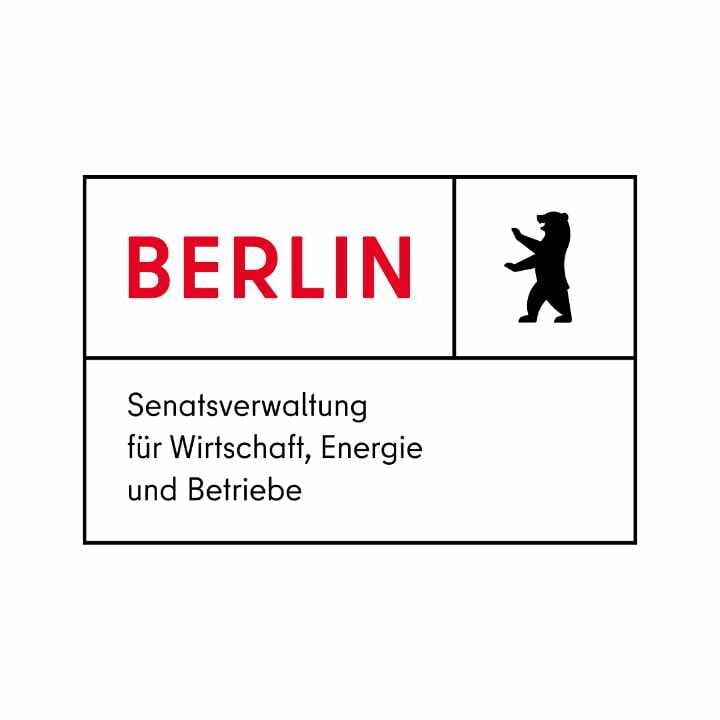
The Senate Department for Economics, Energy and Business (SenWiEnBe) is the economic administration of the state of Berlin. Core tasks are the promotion of the economy and the creation of the right framework conditions for companies. This also includes dealing with fundamental matters of the economy (digital economy), foreign trade and European policy. The Senate Department is also responsible for the departments of energy and the state-owned companies, e.g. Berliner Stadtreinigung and Berliner Wasserbetriebe.
Berliner Verkehrsbetriebe A.ö.R. (BVG)
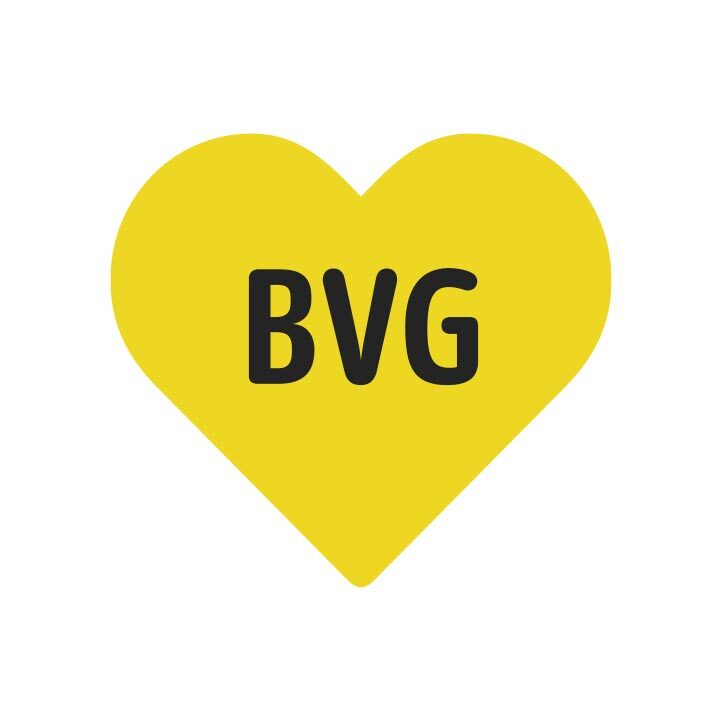
The Berliner Verkehrsbetriebe A.ö.R. (BVG) is the largest urban transport company in Germany with over 14,000 employees and over 1.2 billion journeys per year. BVG operates road and rail-based public transport with buses, trams, underground trains and runs ferry services on Berlin’s waterways as well as bus, excursion and special transport services.
Since spring 2018, BVG has been operating four highly automated shuttles in regular service on the campuses of the Charité in Mitte and Virchow Klinikum (joint project STIMULATE with partners Charité and SenUVK). The technology is being tested, ideas for its use developed and the contribution to climate and environmental protection assessed.
As part of the project “Pole Position”, the highly automated minibus “Emily” drove on the EUREF campus until the end of 2018. Together with the partners ioki and InnoZ, the shuttle was tested in scheduled and on-demand operation. Acceptance research played an important role in both projects, but they were implemented in non-public spaces.
In the “See-Meile” project, a highly automated minibus was used for the first time in the first/last mile on public roads in a major city. From August 2019 to January 2020, an automated BVG minibus ran between the Alt-Tegel subway station and the Tegeler Seeterassen.
Berlin Agency for Electro Mobility eMO
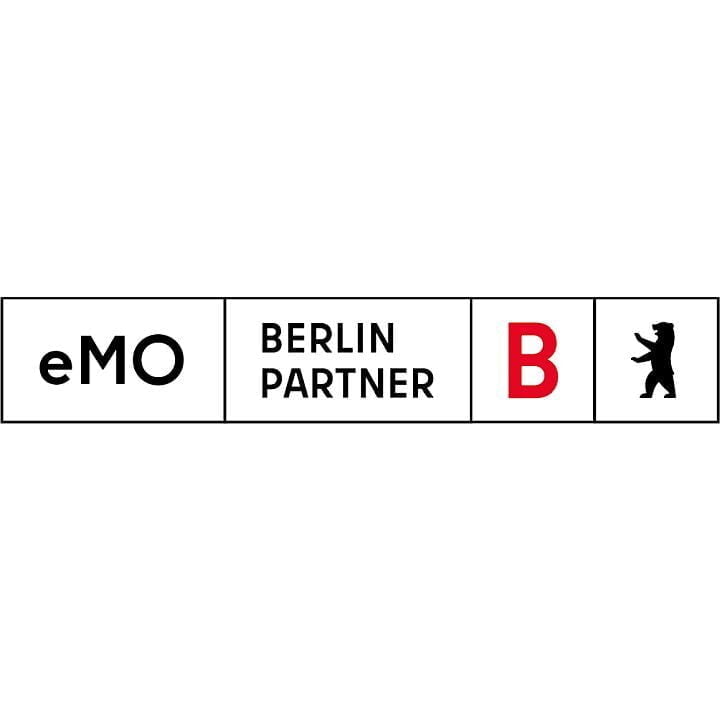
In 2010, the Berlin Senate established the Berlin Agency for Electromobility eMO, as part of Berlin Partner for Business and Technology GmbH, as a central contact and coordination point for electromobility in the capital region. In the meantime, eMO supports the state rof Berlin, the districts and state companies in implementing innovative and pilot projects of “Intelligent Mobility” in the capital region.
eMO is supported by Berlin Partner für Wirtschaft und Technologie GmbH. Its partners are the states of Berlin and Brandenburg as well as around 70 companies and institutions from business and science. eMO represents an active network to support the goals of urban-compatible mobility in the capital region. eMO has many years of experience in the development, monitoring and implementation of complex research and development projects, for example it coordinated the International Showcase Electro Mobility Berlin-Brandenburg (2012-2016) with over 30 collaborative projects in the region or was responsible for stakeholder networking and dissemination in the BMVI’s digital test field (DIGINET-PS).
The eMO is responsible for the social dialogue and publicity measures, scaling and implementation strategies and coordinates the necessary research and dissemination activities, e.g. the implementation of the project workshops, citizens’ dialogues and public relations.
District Berlin-Reinickendorf
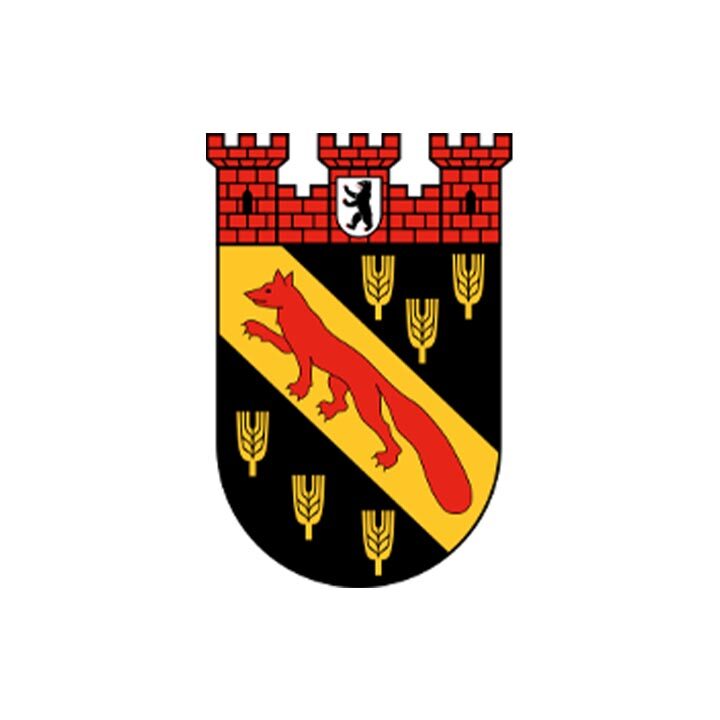
As one of the 12 district administrations in Berlin, the Berlin-Reinickendorf district office, as a municipal service provider, is responsible with its service staff for a variety of different citizen-oriented services and is particularly involved in the area of digitization of administrative processes. The district provides the necessary municipal infrastructure data for use in the test bed in the Reinickendorf district.
he German Aerospace Center
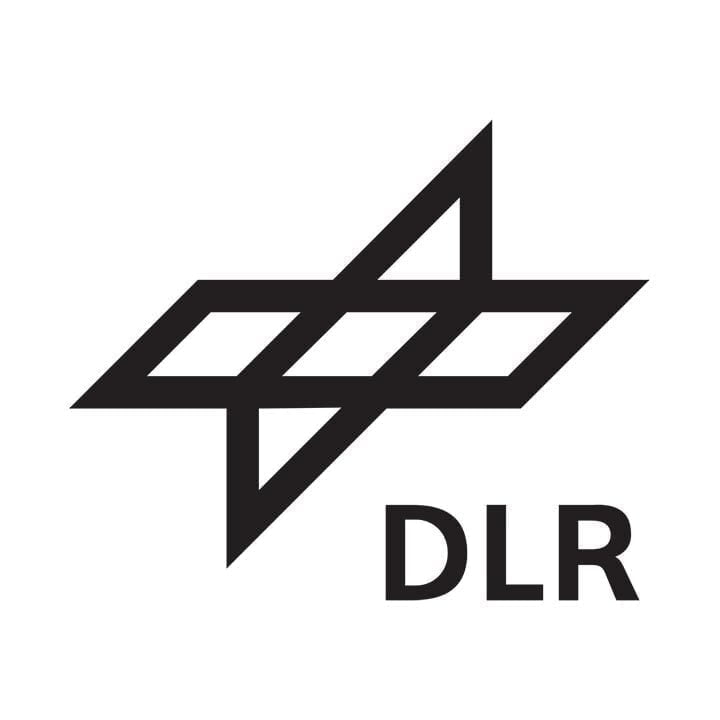
The German Aerospace Center (DLR) is the Federal Republic of Germany’s research center for aeronautics and space. Its research and development work in aeronautics, space, energy, transport and safety is integrated into national and international collaborations.
The research work of the DLR Institute of Transportation Systems Engineering ranges from driver assistance systems to traffic management and traffic control to fully automated driving. Several simulators and research vehicles can be used to test newly developed functions and evaluate them, for example, in subject studies. As a digital test field, the large-scale research facility Application Platform Intelligent Mobility enables research into cooperative driver assistance systems and communication via V2X messages, as well as their effect on the driver and traffic as an overall system.
DLR is contributing its extensive expertise in the field of intelligent and cooperative control methods for traffic signal systems (LSA) to the project, which represents an important element in traffic control for future automated and networked traffic.
Fraunhofer Institute for Open Communication Systems FOKUS
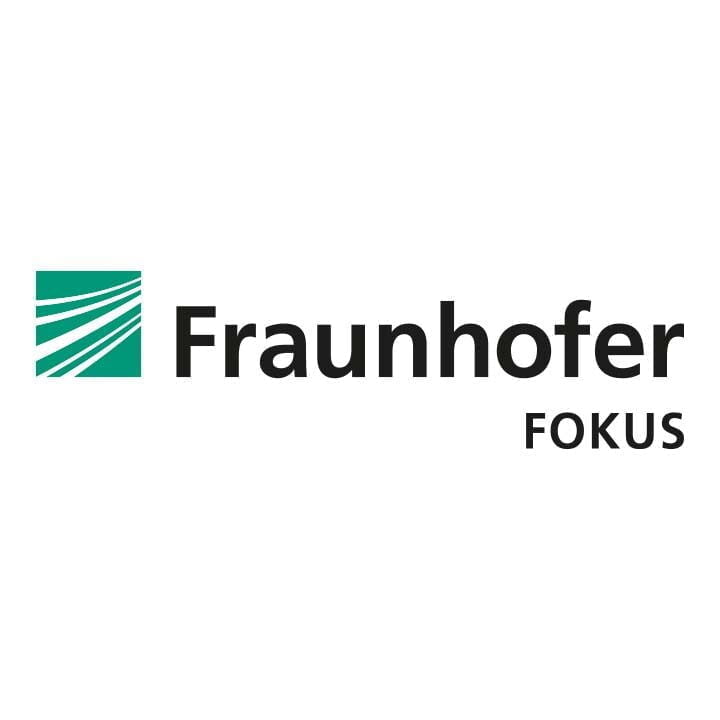
The Fraunhofer Institute for Open Communication Systems FOKUS researches digital networking and its impact on society, business and technology. The Smart Mobility business unit works closely with industry and the public sector to research and test vehicle and transport solutions based on communication and automation.
Fraunhofer FOKUS contributes competences in the field of data fusion (ETL processes) and the design of Big Data architectures for mobility data. In addition, the “low cost – low perception” Android app solution developed in the SAFARI project is being further developed for the continuous updating of highly accurate, digital maps. The app uses AI-based algorithms to classify objects.
Freie Universität Berlin

The Dahlem Center for Machine Learning and Robotics at the Freie Universität Berlin (FU) deals with a wide variety of application fields in robotics and machine learning. Since 2007, research on autonomous vehicles has been one of the working group’s special fields. One of the highlights in this area was the successful participation in the last international competition DARPA Urban Challenge in 2007.
In 2009, two autonomous vehicles were built as part of the BMBF-funded ForMaT project “AutoNOMOS”. successful spin-off was realized from the project. The autonomous test vehicle “MadeInGermany” has been approved by the state of Berlin for testing purposes for autonomous driving with safety drivers in public road traffic since 2011.
n 2015, the research group successfully demonstrated an autonomous drive of 2400 km from the US-Mexican border to Mexico City. Various projects on the topics of energy-efficient electro mobility, driving assistance systems for the elderly and cooperative behavior in road traffic have been successfully carried out in recent years.
IAV Automotive Engineering
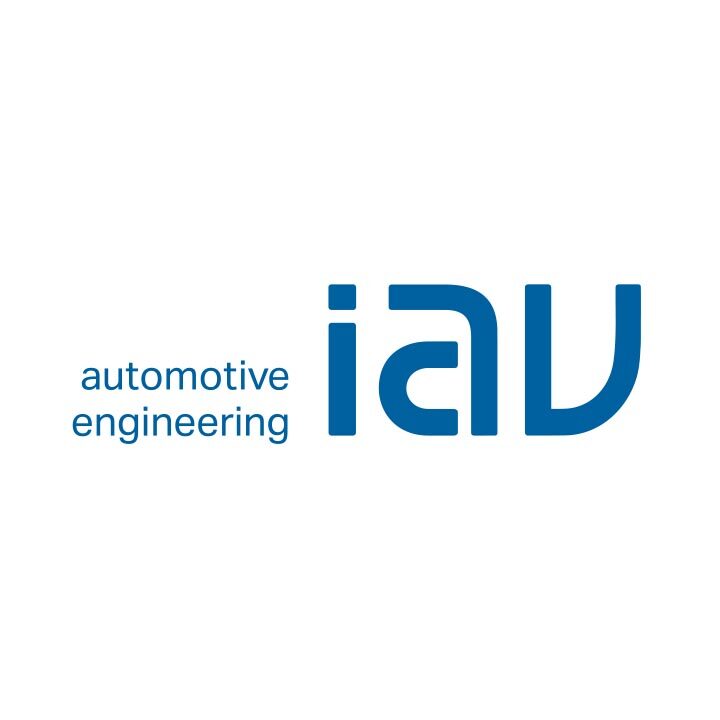
As one of the automotive industry’s leading development partners, IAV GmbH offers more than 30 years of experience and an unrivalled range of expertise for the entire vehicle. With more than 8,000 employees and first-class equipment, IAV supports manufacturers and suppliers worldwide in the realization of their projects. In addition to its headquarters in Berlin, IAV is present at further locations in Germany, Europe, Asia as well as in North and South America.
HELLA Aglaia
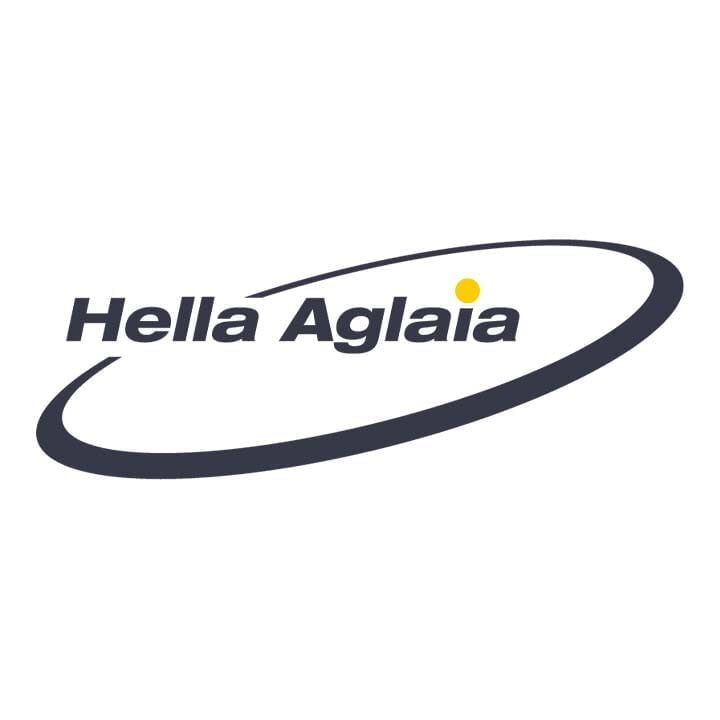
Hella Aglaia Mobile Vision GmbH, founded in 1998 and based in Berlin, is a subsidiary of HELLA KGaA Hueck & Co (Lippstadt), an internationally renowned system developer in the lighting technology and electronics segment for automobiles. Hella Aglaia is a world-leading developer for image processing and uses the HELLA Group’s competence advantage to develop customized embedded software solutions in the fields of driver assistance systems, electro mobility and people counting. With over 300 employees, Hella Aglaia is an innovative and globally positioned company.
Daimler Center for Automotive IT Innovations
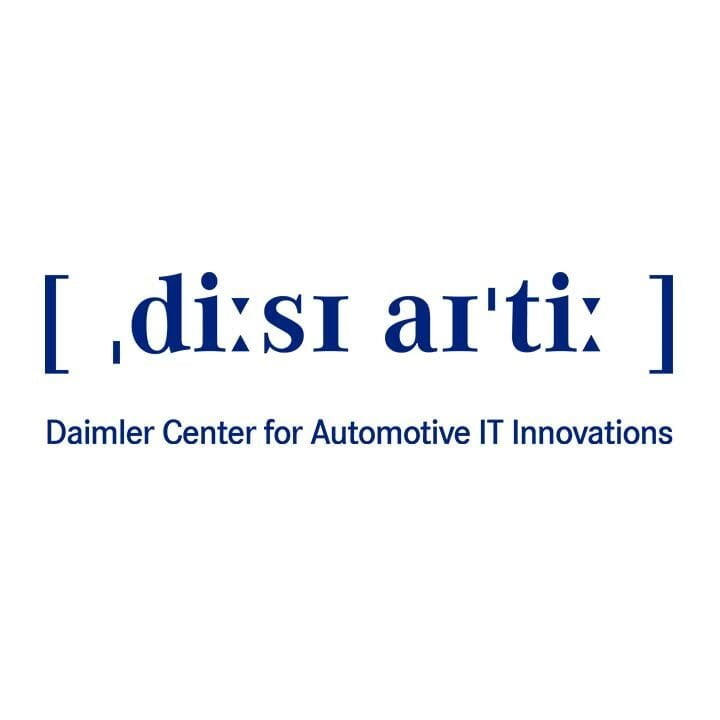
The Daimler Center for Automotive IT Innovations, Technische Universität Berlin (DCAITI) is an affiliated institute of the TU Berlin founded by Daimler. It conducts pre-competitive research in the areas of networking and automation and is active in publicly funded projects with Daimler.
The DCAITI operates its own test vehicle for testing perception, automation and cooperation between vehicles. It participates in two field trials on connected automated driving in urban traffic and is very active in the field of tooling (distributed log data collection, data labelling) and simulation for virtual testing.
Centre for Technology and Society
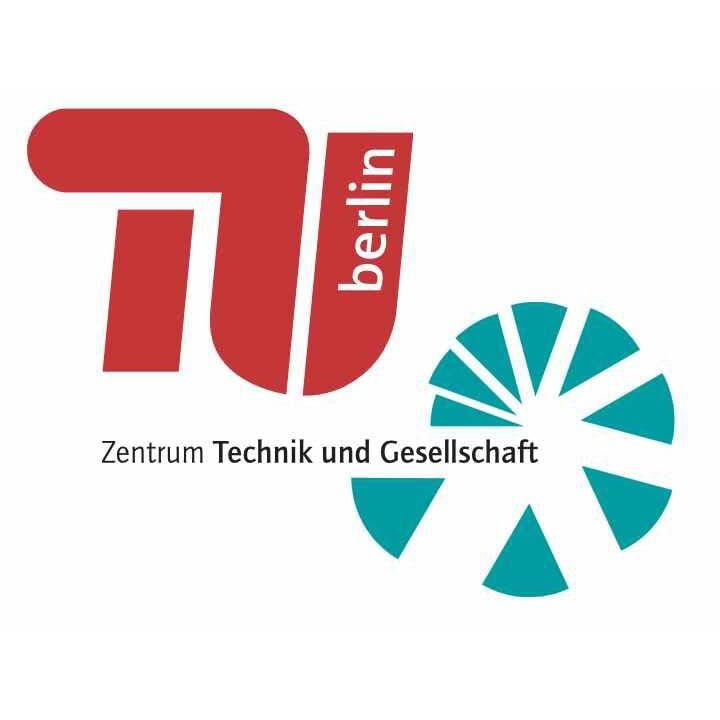
The Centre for Technology and Society (ZTG) at the Technische Universität Berlin (TUB) is a central, cross-faculty research institute of the TU Berlin with 50 scientific staff. Its work focuses on mobility, energy and security research, futurology and participatory methods.
The department of Mobility and Space at the ZTG conducts research on questions of personal mobility and commercial transport. nstruments and methods of classical transport science, urban and regional planning, social and environmental research, behavioral research, evaluation and participation research are combined in a task-oriented manner. Quantitative and qualitative methods (interviews, user surveys, traffic counts, etc.) are applied.
In various projects, the ZTG has developed competences in the analysis of mobility behavior and transport needs. Representative examples are the preparation of potential applications of e-vehicles in commercial transport in the BMWi project komDRIVE and the identification of mobility styles in the EU Horizon 2020 project DORA.
n the EU project Smart Sustainable District, TUB ZTG and Büro autoBus investigated principles of an AF bus in Moabit to improve public transport attractiveness there. In the Senior Research Group (SRG), senior citizens with different professional and social backgrounds test and evaluate innovative products and technologies and provide impetus for changes in design, equipment, concept and product philosophy.
VMZ Berlin Betreibergesellschaft
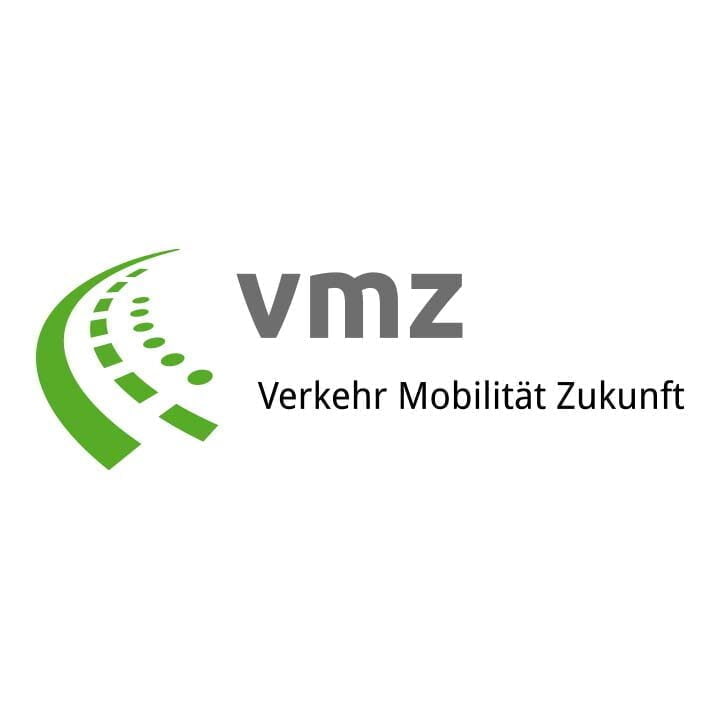
As the operator of the Berlin Traffic Information Centre, VMZ Berlin Betreibergesellschaft mbH is responsible for citywide, comprehensive and up-to-date traffic information for the population and media in Berlin.
In addition, it offers numerous consulting services (control center systems, traffic development plans, clean air and master plans) and development of mobility services and platforms. It initiates and works on federal and EU research projects to continuously develop traffic and mobility management. Research focuses on services for comprehensive cross-modal traffic information, IT platforms, solutions for mobility in the smart city of the future and innovative door-to-door information services. In the project, VMZ is working primarily on the topics of using third-party data, data exchange (traffic information, map data) and exchange platforms.
Strop Consulting und Projektmanagement
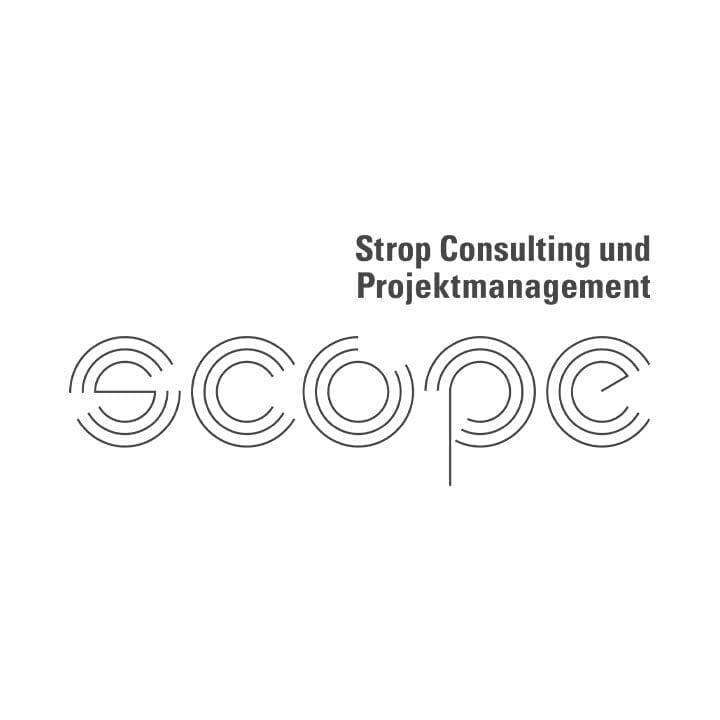
Strop Consulting und Projektmanagement (scope), which was already involved in the previous SAFARI project, is commissioned with project management by the partners and supports SenUVK in the application-oriented work packages.
The founder Oliver Strop has been working in the field of ITS for public and private transport for more than 25 years. His personal references as a project manager in application-oriented research projects, but also as a service provider for the project management of research projects, include, in addition to SAFARI, projects such as the Green Mobility Chain Central Germany (BMVI), ICT Services in the Showcase Electro Mxobility Lower Saxony (BMVI), m4guide (BMWi).
Deutsche Telekom
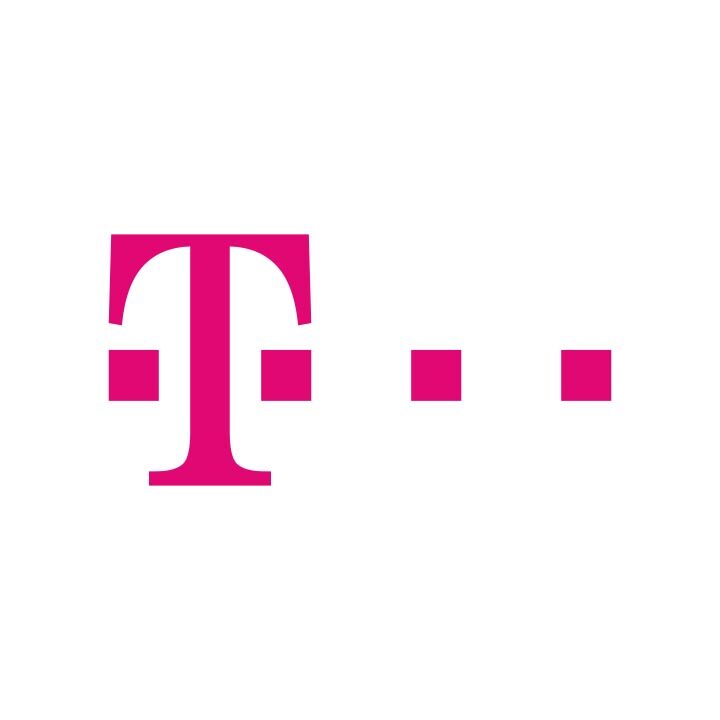
Deutsche Telekom is one of the world’s leading integrated telecommunications companies, with around 168 million mobile customers, 28 million fixed-network lines and 19 million broadband lines. We offer products and services in the areas of fixed network/broadband, mobile communications, Internet and Internet TV for private customers as well as information and communications technology solutions for corporate and business customers
Deutsche Telekom is represented in more than 50 countries. In the 2017 financial year, we generated revenue of 74.9 billion euros with around 216,000 employees worldwide – around 66 percent of this outside Germany. To ensure that we can continue to be successful, we are already evolving from a traditional telephone company into a completely new type of Service Company.
The core business, i.e. the provision and sale of networks and connections, remains the basis. However, at the same time, we are actively engaged in business areas in which new growth opportunities are opening up for us. Deutsche Telekom supports Shuttles&Co as an associated partner through the development and operation of traffic management services based on C-V2X (cellular V2X) and edge computing.